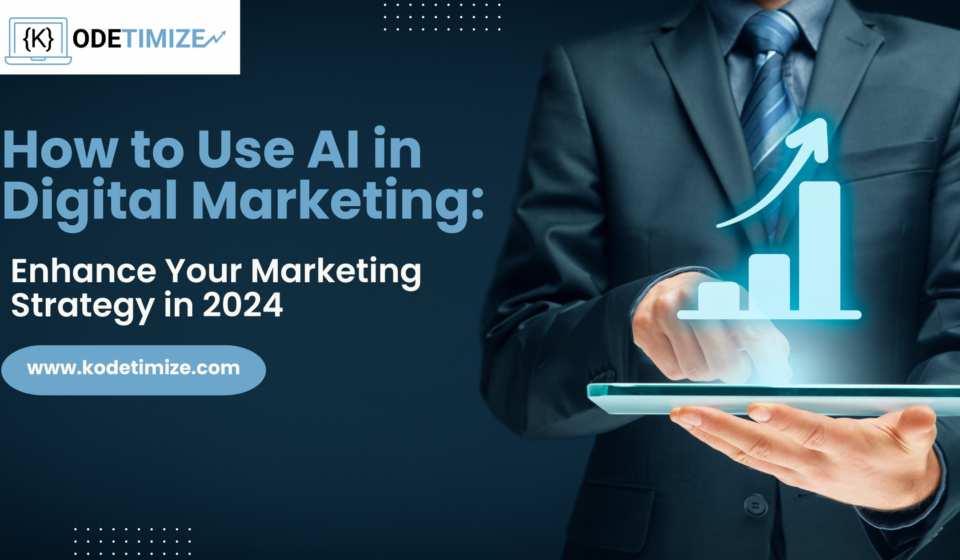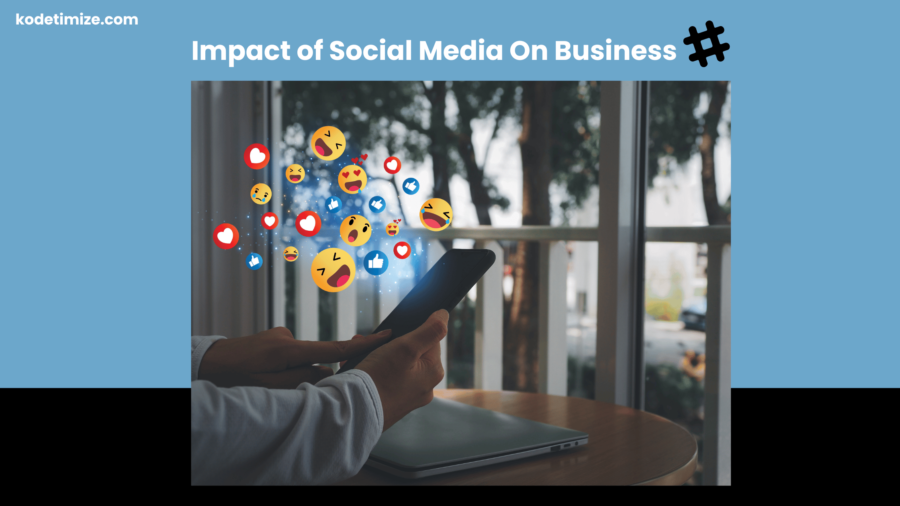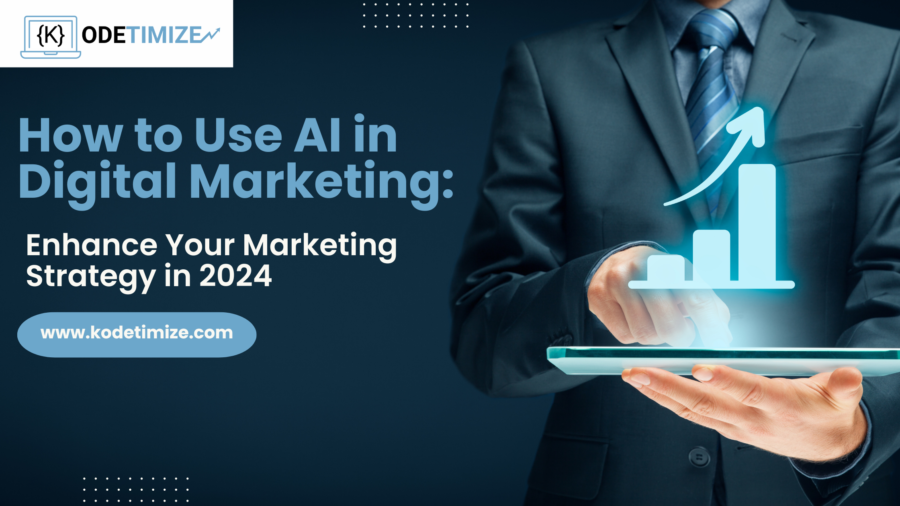The desire of entrepreneurship is strong! After devoting your entire being to your creative concept, your startup is now poised to make waves around the globe. However, having a physical shop or a social media presence is insufficient in the modern digital world. A website is essential for your startup since it is a vital online hub that builds your brand identity, attracts customers, and supports your overall growth.
This blog dives more into the importance of having a website for your startup, exploring all of its many advantages and emphasizing those that it has above conventional marketing strategies. We will also explore the function of a website and how it may serve as an initial platform for the success of your startup.
For Building Credibility and Establishing Brand Every Startup Needs a Website
In the world of the internet, your website serves as potential customers’ initial point of contact, and first impressions do count. A polished, well-designed website immediately raises the legitimacy of your new business. Suppose that someone is looking for a service that your startup provides. They find two businesses: one has an attractive, educational website, and the other has a social media page that hardly works at all. Which one encourages more confidence? The answer is clear.
Your carefully chosen website serves as your online storefront, showcasing your brand identity. You can create a strong brand voice that connects with your target audience by using intelligent design and engaging content. It’s important to communicate your company’s views, mission, and specific selling proposition in addition to using logos and colors.

The Power of Professional Web Design
However, crafting a website that truly captivates and converts requires expertise. Here’s where partnering with a professional web design company becomes invaluable. They possess the know-how to translate your brand vision into a captivating online experience.
Look for a web design firm that offers the following:
- User-Centered Design (UCD): They prioritize user experience (UX), ensuring your website is intuitive and easy to navigate for all visitors, regardless of their technical background.
- Responsive Design: In today’s mobile-first world, a website that seamlessly adapts to desktops, tablets, and smartphones is crucial.
- Visually Appealing Design: Aesthetics matter! A web design company can create a website that’s not only user-friendly but also visually stunning, leaving a lasting impression on your target audience.
- Content Strategy Development: They can guide you in crafting compelling content that engages visitors, educates them about your offerings, and ultimately drives conversions.
By investing in professional web design, you ensure your startup’s website is a powerful tool that reflects your brand’s unique identity and propels your business forward.
A 24/7 Salesperson: Lead Generation and Customer Acquisition
Gone are the days of limited business hours. A website works tirelessly, promoting your products or services 24/7, 365 days a year. This translates to a constant stream of potential leads and increased opportunities for customer acquisition.
Here’s how your website becomes a powerful sales tool:
- Clear Value Proposition: Your website should be crystal clear about what you offer and the value you provide to customers.
- Compelling Calls to Action: Guide visitors towards taking the desired action, be it signing up for a newsletter, downloading a free trial, or making a purchase.
- SEO Optimization: By optimizing your website for search engines, you ensure your target audience finds you when they search for relevant keywords. This increases website traffic and drives qualified leads.
Benefits of a Website for Business:
- Lead Generation: Capture valuable customer information through strategically placed contact forms and lead magnets (e.g., eBooks, white papers).
- Increased Sales: Sell products or services directly through an e-commerce platform or integrate with other sales channels.
- Improved Customer Service: Provide 24/7 access to FAQs, product information, and self-service options, reducing customer support workload.

Fostering Relationships and Community Building
Your website isn’t just a static brochure, it’s a dynamic platform to nurture relationships with your audience. Here’s how:
- Engaging Content: Publish informative blog posts, insightful articles, and captivating videos that showcase your expertise and address your target audience’s pain points.
- Social Media Integration: Connect your website to social media platforms, enabling visitors to share your content and build a community around your brand.
- Email Marketing: Capture email addresses and build an email list to nurture leads, share relevant updates, and drive repeat business.
Importance of a Website in Business:
Improved Brand Engagement: Build an environment that allows consumers to engage with your brand more deeply, building trust and loyalty.
Content is King: The Power of a Strategic Content Strategy
A stunning website serves as the framework, but content is what gives it life. The key to drawing in visitors, holding their interest, and eventually turning them into devoted clients is having a clearly defined content strategy.
This entails producing insightful and worthwhile content that appeals to your intended audience. Consider your website as a one-stop resource for all the information your ideal client requires regarding your sector, your offerings, and how you can help them.
Here are some content types that can be immensely valuable for your startup website:
- Blog Posts: Regularly publish informative blog posts that address industry trends, customer pain points, and offer solutions related to your offerings.
- Case Studies: Showcase the success stories of your existing customers, demonstrating the value you deliver and building trust with potential clients.
- E-books and Whitepapers: Offer in-depth guides and downloadable resources in exchange for email addresses, fostering lead generation.
- Videos: Create engaging video content that showcases your brand story, product demonstrations, or helpful tutorials.
- Infographics: Communicate complex information in a visually appealing and easily digestible way.
Remember:
- Quality over Quantity: Focus on creating high-quality, well-researched content that provides real value to your audience.
- SEO Optimization: Optimize your content with relevant keywords to improve search engine ranking and organic traffic.
- Content Consistency: Develop a consistent content publishing schedule to keep your audience engaged and coming back for more.
The Role of a Web Design Partner in Content Strategy
Creating an effective content plan can be significantly assisted by the help of a professional web design company. They can assist you with:
- Content Planning: Create a content calendar based on the content kinds that your target audience responds to the most.
- Content Creation: To create excellent content, collaborate with experienced writers, video editors, and other creative experts.
- Content Management System (CMS) Integration: Select a user-friendly CMS platform to make managing and publishing content for your website simple.
By partnering with a web design company that understands the power of content, you can ensure your startup website becomes a magnet for qualified leads and a powerful tool for driving conversions.

Owning Your Online Presence: The Advantages of a Website
You have total control over your online presence when you have your own website, as compared to depending only on social media platforms. This is why it is relevant:
- Brand Consistency: From your website to your social media connections, you can make sure that your brand voice and message are conveyed consistently across all channels.
- Data Ownership: The information gathered about your website’s visitors is your property. This enables you to get insightful knowledge about consumer behaviour and adjust your marketing strategies accordingly.
- Scalability: Your website can grow and evolve alongside your business. You can easily add new features, functionalities, and content as your startup scales.
Importance of a Website:
Long-Term Growth: A website is an investment in your startup’s future. By establishing a strong online presence, you set the stage for sustainable growth and long-term success.
Taking the Next Step: Partnering Success
By now, it’s clear that a website is an essential tool for any startup aiming to thrive in today’s digital landscape. But building a website that truly captures your brand essence and drives results requires expertise.
Here are some key considerations when choosing a web design partner:
- Experience: Look for a company with a proven track record of success in creating websites for startups in your industry.
- Portfolio: Review their portfolio to see examples of their work and ensure their design aesthetic aligns with your vision.
- Communication and Collaboration: Choose a web design company that values open communication and collaboration throughout the entire design and development process.
Investing in a professional web design service might seem like an additional expense, but the long-term benefits far outweigh the initial investment. A well-crafted website becomes a powerful asset, generating leads, driving sales, and propelling your startup towards success.












